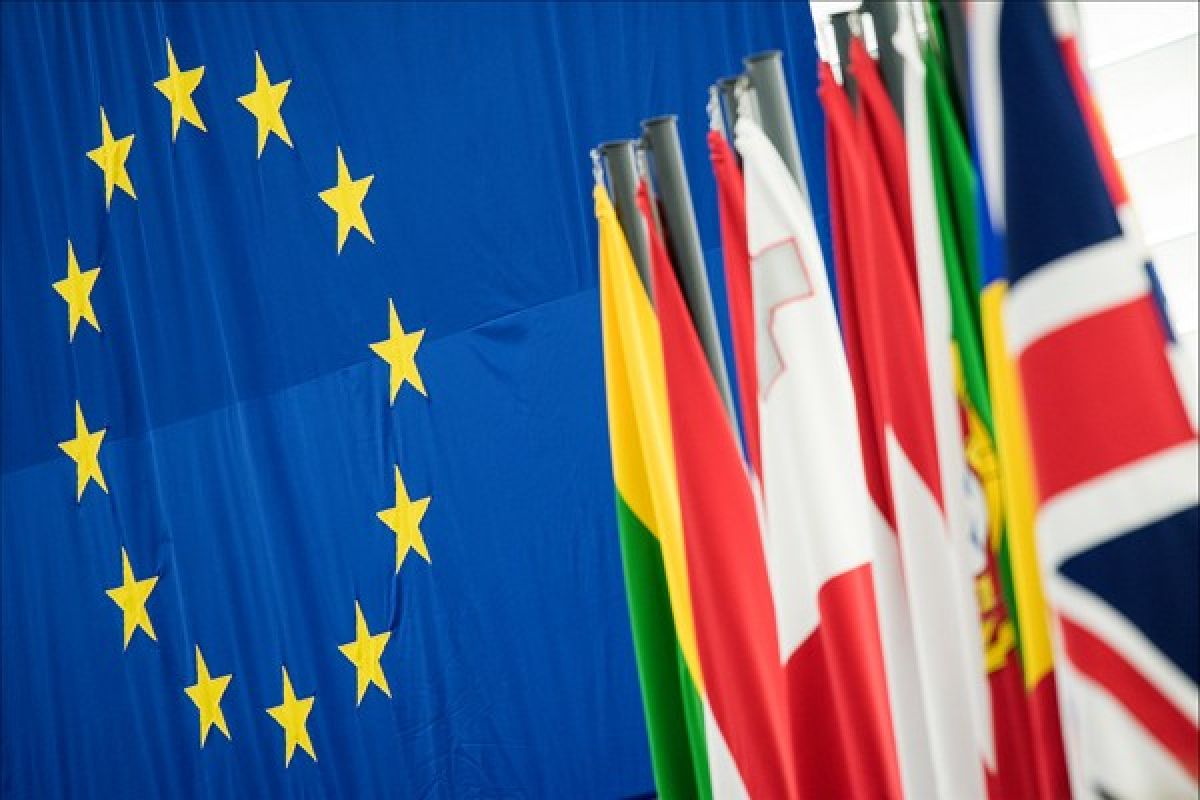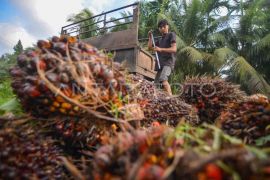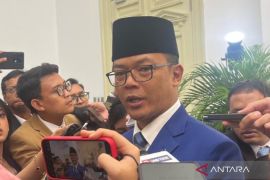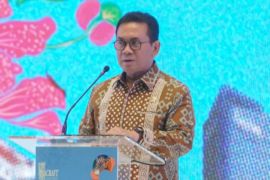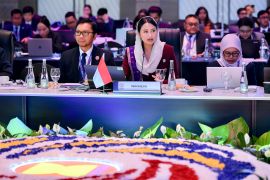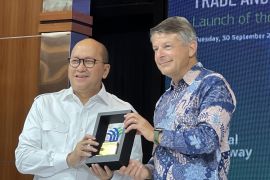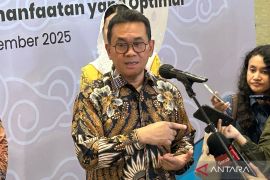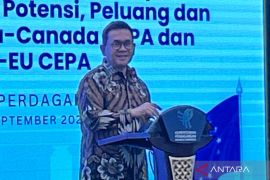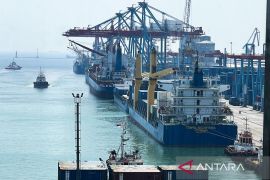The book sums up the reports on the activities of the EU and its member countries to assist Indonesian human resources development process through programs that promote gender equality and womens empowerment in various regions across the country during 2016.
"Equality between women and men is one of EUs founding values. The EU and Indonesia share the belief that gender equality should be at the heart of our societies, and that womens empowerment enhances social justice, sustainable development, economic growth and peace," EU Ambassador to Indonesia and Brunei Darussalam Vincent Guerend said during the book launch, Tuesday.
Following the 2016 Gender Action Plan as guideline, EU has three pillars to promote gender equality, which are ensuring girls and womens physical and psychological integrity, promoting the social and economic rights and empowerment of girls and women, as well as strengthening their voice and participation.
Several specific projects that have been developed by EU in the archipelago range include increasing the participation of women in local decision-making processes, development of gender-sensitive budgets for their communities to enhance the capacity of young rural women to improve their farming skills, while earning and saving money sustainably.
"We are not only working with the government at the central and local levels, but also with civil society organizations and local communities," Guerend noted.
In accordance to EUs spirit of promoting gender equality, the National Development Planning Agency (Bappenas) has set gender equality and womens empowerment as the key components of its poverty alleviation programs to support Sustainable Development Goals (SDGs).
"Women are assets for national development, and so women must be healthy, educated and empowered," Kennedy Simanjuntak, Bappenas Deputy Minister for Development Funding, emphasized.
According to him, gender equality in Indonesia has been improving progressively from 63.9 in 2014 to 69.3 in 2014, as can be seen through the Gender Empowerment Index.
However, gender gap in Indonesia is still ranked 88th among 144 countries, according to the World Economic Forum report in 2016.
Therefore, the agency will continue to promote gender mainstreaming in various lines through cooperation between central and local government agencies, community organizations, business sectors and international organizations.(*)
Editor: Heru Purwanto
Copyright © ANTARA 2017
